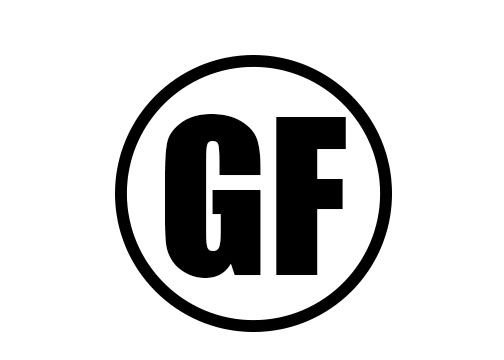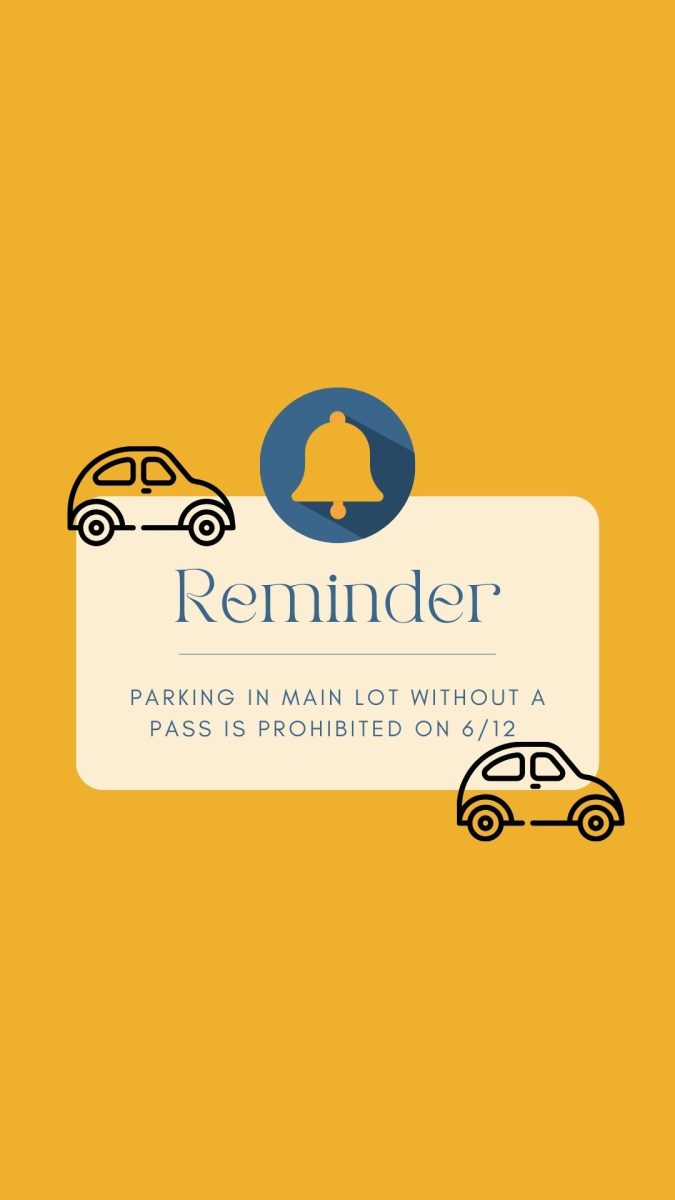
“Oh you’re gluten-free, you can’t have fries! That sucks!” If you’re guilty of ever saying this, you belong to a very inclusive group of everyone that is uninformed about what being gluten-free really means.
Being gluten-free is difficult enough, between bringing your own food to parties, having limited options at restaurants, and being tempted by that cookie dough ice cream. Those on this specific diet shouldn’t need to be pestered by people for their every bite, instead get to know what being gluten-free really is all about.
The Celiac Disease Foundation defines Celiac disease as an autoimmune disease where eating gluten causes the body to attack its own small intestine. Those suffering from Celiac disease not only feel severely sick when they eat gluten, but they are damaging the villi in their small intestine, which will later inhibit nutrient absorption.
Not everyone that is on a gluten-free diet has Celiac disease, however. Some consider it healthier to avoid wheat, while other are not diagnosed Celiacs, but still suffer from pains when eating gluten.
In many cases, those on a gluten-free diet have a legitimate health reason to avoid it, so don’t think they are just hopping on the bandwagon of the newest health fad.
Those with Celiac aren’t necessarily doing it to lose weight. They’re often doing it to avoid serious health problems in their life. Some people who test negative for Celiac may still be diagnosed as having a gluten sensitivity. Learn about the difference here.
“The most frustrating thing is when other people don’t believe it can make you feel better and they just think it’s stupid,” junior Kalin Gregoire said.
Yes, it does actually make them feel better and besides, it’s not your intestines that are struggling.
There’s no moderation with being gluten-free. If it affects you, then you either feel very sick when you eat it or you feel fine when you don’t.
“I can’t just ‘have a bite,” junior Lauren Misiaszek said. “It’s not a choice I have. Even the tiniest amount of gluten can make me sick.”
According to the Celiac Disease Foundation, gluten is the simple name for the proteins found in wheat, and is most often classified into “The Big Three: Wheat, barley, and rye.”
Not included in this big three are potatoes, rice, or most oats, which might be thought to have gluten in them.
That means that your gluten-free friend can have some of your fries as long as they weren’t dipped in wheat prior to being served.
Whether gluten-free by choice or not, those that follow the diet aren’t being stupid, as they are sometimes teased by peers. They might miss out on some cookies here and there, but their gut will be thanking them later.
As more “GF” labels are popping up on restaurant menus, it’s important to know what those two little letters really signify, and that it’s more than just another one of those trending diets.








